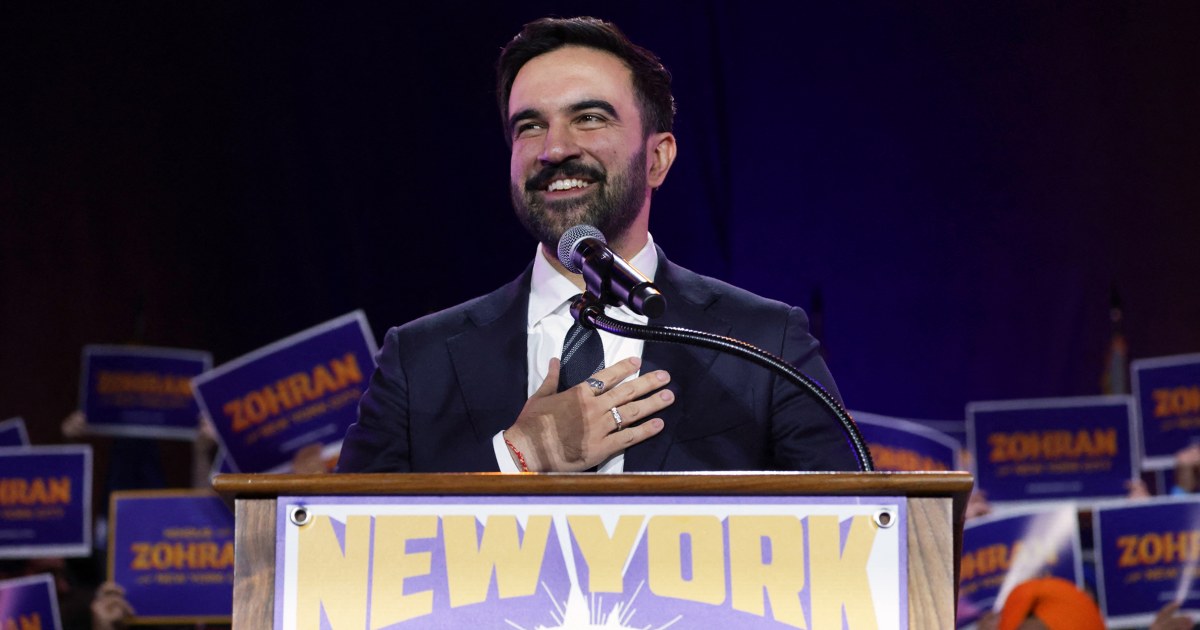The government shutdown is poised to become the longest in US history this week as economic pain points continue to mount.
It was the worst weekend yet at airports. Meanwhile, limited clarity was offered Monday on the Supplemental Nutrition Assistance Program (SNAP) when the Trump administration announced it would pay only partial food aid benefits for the program.
Those benefits are received by roughly one in eight Americans with the economic and human costs of even a partial cutoff likely to mount quickly.
Meanwhile, President Trump isn’t signaling he’s prepared to offer any compromises to end the shutdown, with the stoppage set to tie the 35-day record for the longest in history on Tuesday.
Multiple comments from the president over the weekend suggested a continued hardline from the White House. He told CBS’s “60 Minutes” in an interview that aired Sunday he “won’t be extorted” by Democrats, and said his only plan to end the shutdown is “we keep voting.” That strategy has led to 13 failed votes so far.
The president also reiterated his push to Republican leaders to change Senate rules and scrap the filibuster, adding to reporters on Sunday evening that the best way to fund SNAP is for Democrats to capitulate.
Also last week, air traffic controllers missed their first full paycheck as flight interruptions continue to spread. The delays continued over the weekend in part because of a reported “surge” in controllers calling out on Halloween.
Democrats, meanwhile, are focused on another recent deadline this past weekend which they hope will increase the political pressure.
Saturday was the beginning of an open enrollment period for healthcare programs run by Affordable Care Act exchanges. Premium increases there — with Democrats looking to extend enhanced government subsidies for those plans — are at the heart of the impasse as some premiums are set to double next year.
Here are the latest updates as the impacts of the government shutdown unfold.
LIVE 45 updates
-
Government shutdown has affected more than 3 million airline passengers
An airline industry group said Monday that the government shutdown which began Oct. 1 has affected some 3.2 million airline passengers, in the form of delays and cancellations that can be traced back to a shortage of air traffic controllers, Reuters reports.
Air traffic controllers are federal employees who are expected to report to work during the shutdown even though they aren’t being paid. But many have started calling in sick, hence the shortage.
Also on Monday, Transportation Secretary Sean Duffy said the Trump administration would close U.S. aviation if it looked like the shutdown was creating conditions making it too dangerous to travel.
-
-
-
-
-
-
-
-
-
-
-
-
-
-
-
-
-
-
-
Source link




